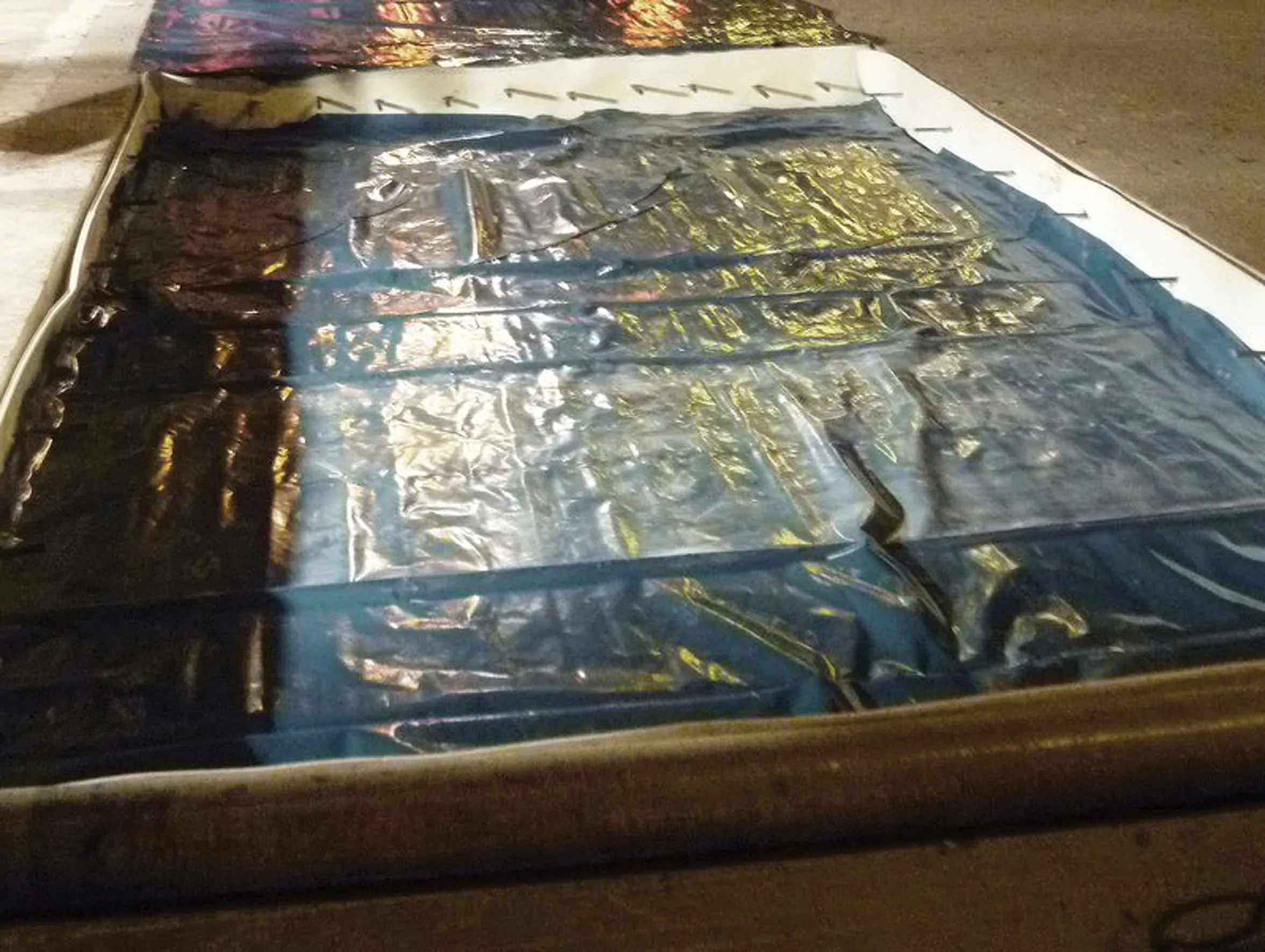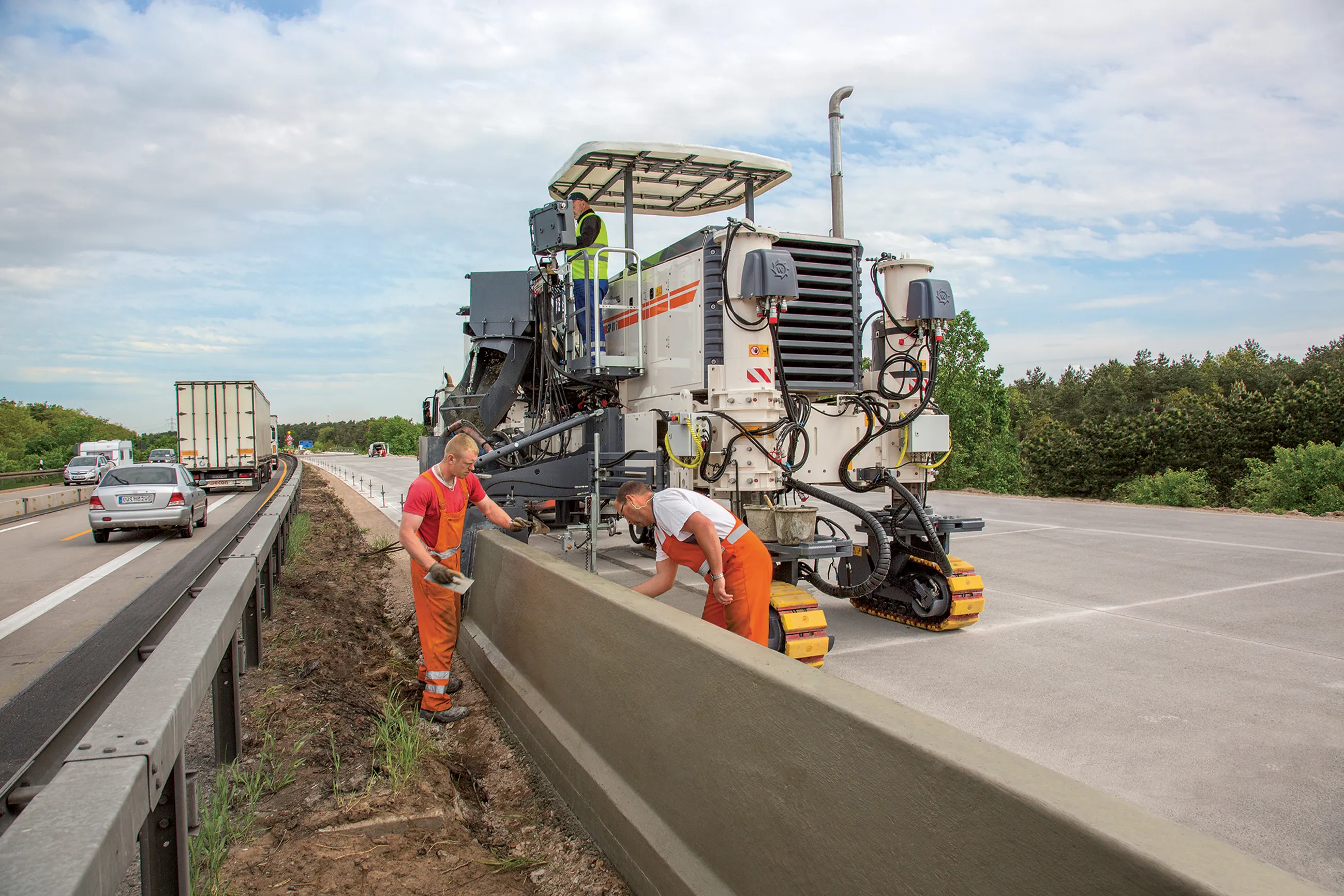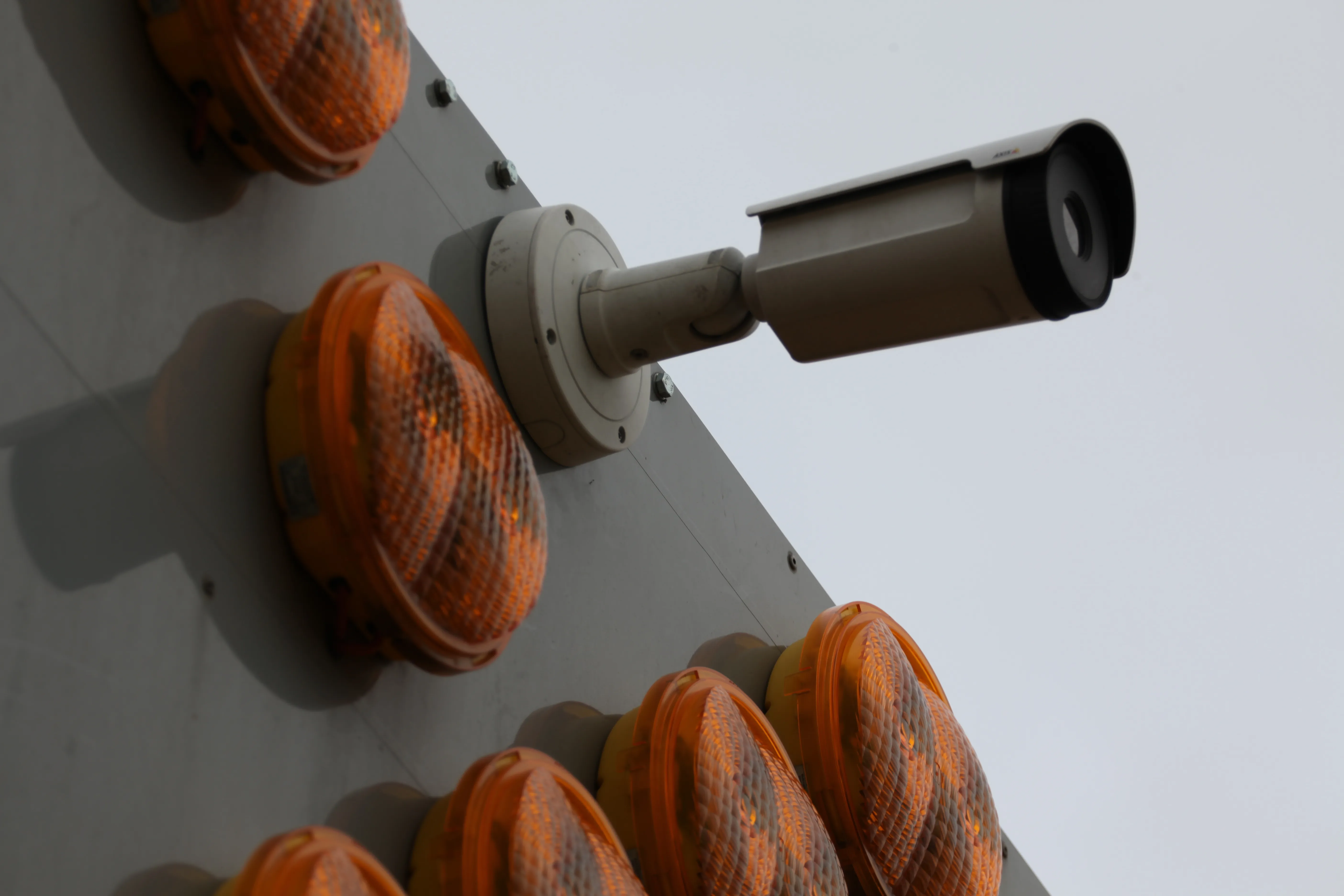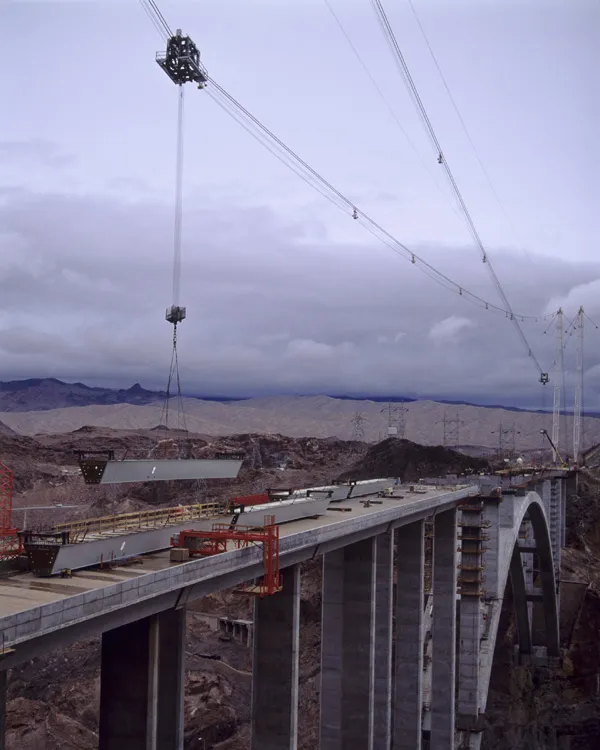Heavy rain is thought to be the cause for the collapse of a section of highway viaduct in Italy.
November 27, 2019
Read time: 1 min
A 30m section of the A6 Autostrada dei Fiori (E717) route was wrecked by a mudslide. Emergency workers said that no vehicles were washed away by the collapse, which occurred around 1.5km from Savona in Liguria. This section of highway connects Savona with Turin and is managed by
Also in Liguria, a 20km stretch of the A26 (E25) route that connects Genoa and Gravellona Toce has been closed. There are concerns that the Pecetti and Fado Nord viaducts are at risk of collapse due to the extreme weather conditions.









